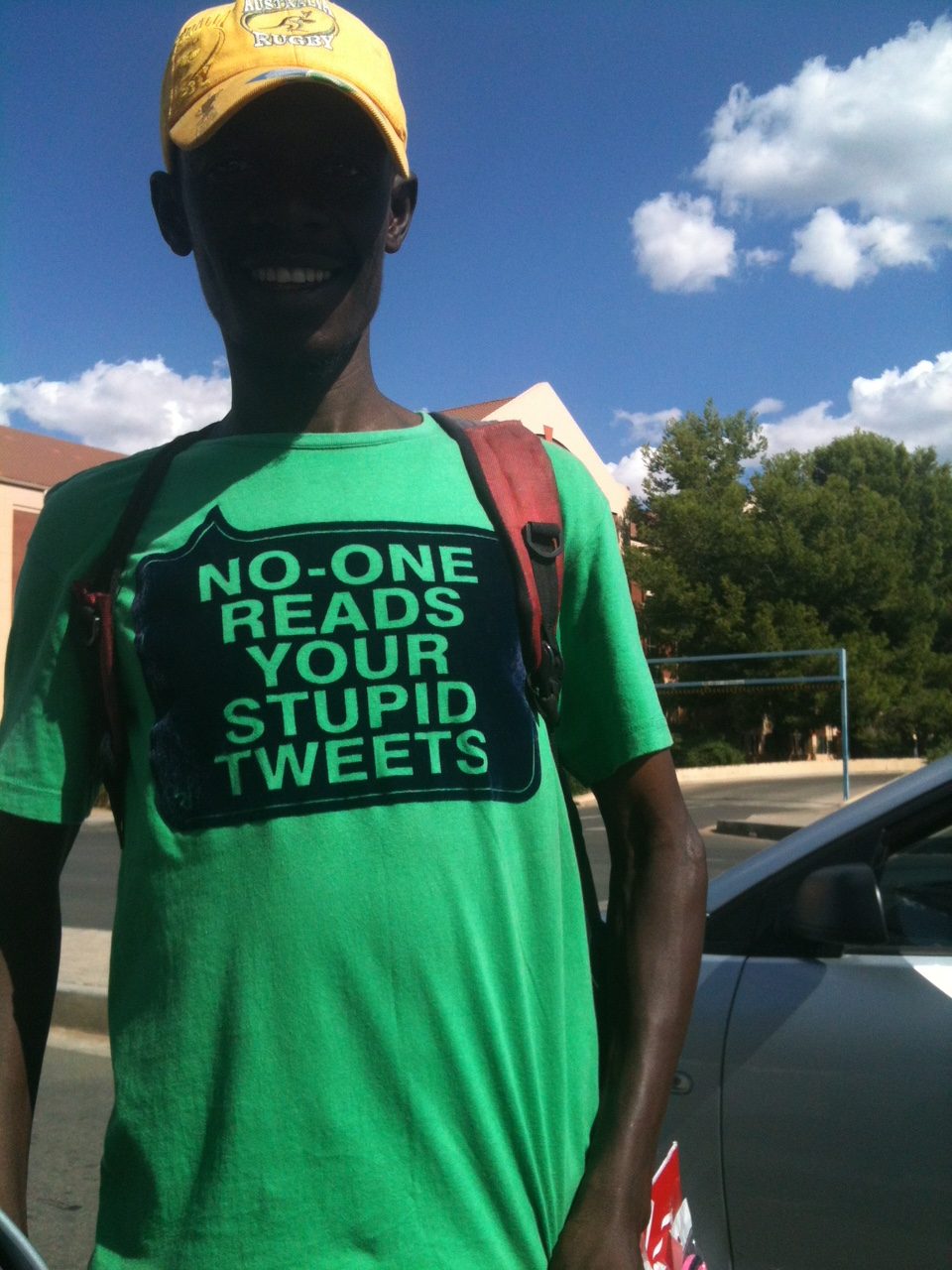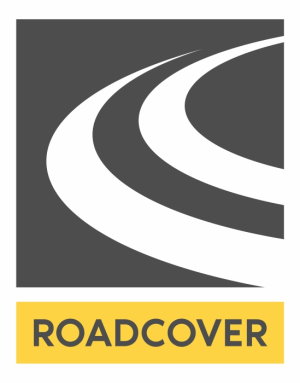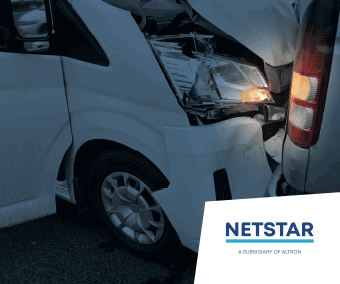Amidst plummeting temperatures as winter approaches, warnings of stage 8 load shedding, yet another interest rate hike, and failing water infrastructure resulting in a deadly outbreak of cholera – to mention just a few recent calamities – South Africans are in desperate need of some good news.
But this is South Africa and good news appears to be in short supply right now. The country’s citizenry greeted the news of the recently released Progress in International Reading Literacy Study (Pirls) with weary resignation. The global study assesses the literacy rate of grade four learners in 42 countries. In South Africa, the test was administered in all 11 languages.
The results are, frankly, appalling. In 2021, 81% of grade 4’s could not read for meaning or answer basic questions on the content they had read, even though the content was in their home language. While South Africa’s literacy rate has never been good, we have sunk to new lows in this latest study, ranking the lowest out of all the countries assessed. In 2016, the last time the study was conducted, 78% of children in grade 4 could not read for meaning, indicating that our literacy rates have declined since then.
Interestingly, the test results varied depending on the language. English and Afrikaans scored above the global average while African languages scored lower than the global area. English and Afrikaans schools are typically fee-paying schools while African language schools typically do not pay fees. The worst-performing language was Setswana. The results also varied depending on the province: the Western Cape, Gauteng, and KwaZulu-Natal all scored significantly better than Limpopo and North-West.
How did we get here when South Africa spends around the same amount relative to GDP on education, equivalent even to some developed countries?
The Department of Basic Education (DBE) blames the dismal PIRLS results on the lost teaching time suffered by learners during the pandemic. That’s a disingenuous response, ignoring the fact that most countries in the study also lost teaching time. Around the world, many countries including Brazil, Colombia, Chile, and India implemented catch-up programmes in schools post the pandemic.
The DBE also blames the reading crisis on overcrowded classrooms and teacher shortages. Ironic, because these latter issues are problems of the department’s own making.
Advocacy organisation Equal Education says the PIRLS results confirm a school system in crisis and the failure of government to adequately address the deep cracks in a system that continues to let learners down. In a statement released by the Equal Education Law Centre, the two organisations said, “This lack of political will has undoubtedly contributed to South Africa consistently being the worst performing of the participating countries.”
The statement goes on to say that “the pandemic alone cannot explain the decline in reading outcomes in the country” and that the ongoing crisis “shows how poorly the government and education departments have recognised the multiple challenges in the sector and have failed to muster the necessary political will to address them.”
A failure to address the gaps will mean that a large number of learners will struggle throughout their school careers – and beyond. To date, only the Western Cape has announced any kind of catch-up education and teaching programme to catch learners up from missed schooling during the pandemic. Not only has the province implemented a reading strategy to strengthen reading performance across all grades, but it has also allocated R118 million for a foundation phase reading programme in three languages and allocated additional time each week to reading during the school day. In total, the Western Cape has allocated R1.2 billion into its #BackOnTrack programme over a three-year period to improve learner outcomes across all phases.
South Africa’s dismal educational outcomes are not helped by the fact that 80% of teachers in public or government schools don’t have sufficient content knowledge or pedagogical skills. Their proficiency levels are typically less than half of that of teachers in Zimbabwe.
Strong teacher unions, some of which act with impunity, and systemic corruption in the hiring of teachers have done little to address poor proficiency levels. Policy research and advocacy organisation, the Centre for Development and Enterprise (CDE) has recommended that the dominance of the SA Democratic Teachers Union (Sadtu) – the dominant teacher union – is reduced to stop it from blocking measures to improve accountability.
The fact that English and Afrikaans schools – the majority of which are fee-paying schools in quintiles 4 and 5 – did not decline in reading outcomes, reveals the significant inequality that remains in our schooling system. Despite the existence of a framework to support under-performing schools, they are clearly not receiving the level of support they require to improve learning outcomes, including teaching learners to read for meaning.
Alarmingly, more than 70% of public schools don’t have libraries, and of those that do have a library, more than a third are not stocked with any books. This is despite a public school’s infrastructure deadline for 2023 that required that all schools have a library.
As a country, we are failing our youth if we can’t teach them to read for meaning because those who can’t read for meaning may well be destined to join the ranks of the unemployed in adulthood. Rather than set them up for failure, we urgently need more accountability in our education system. We need ideology and vested interests to be put aside in favour of ensuring our youth have a future that they can look forward to. Teaching them to read for meaning will be an excellent first step.
This is why we believe it is so important that parents do everything in their power to pay school fees so that we can keep our teachers teaching and work to improve the country’s literacy levels As the PIRLS study reveals, fee-paying schools have better reading outcomes. This means we need to be focusing more attention on providing non-fee paying schools with the tools and strategies to improve reading outcomes. We can’t allow this generation of children to suffer the consequences of a failed system.


























